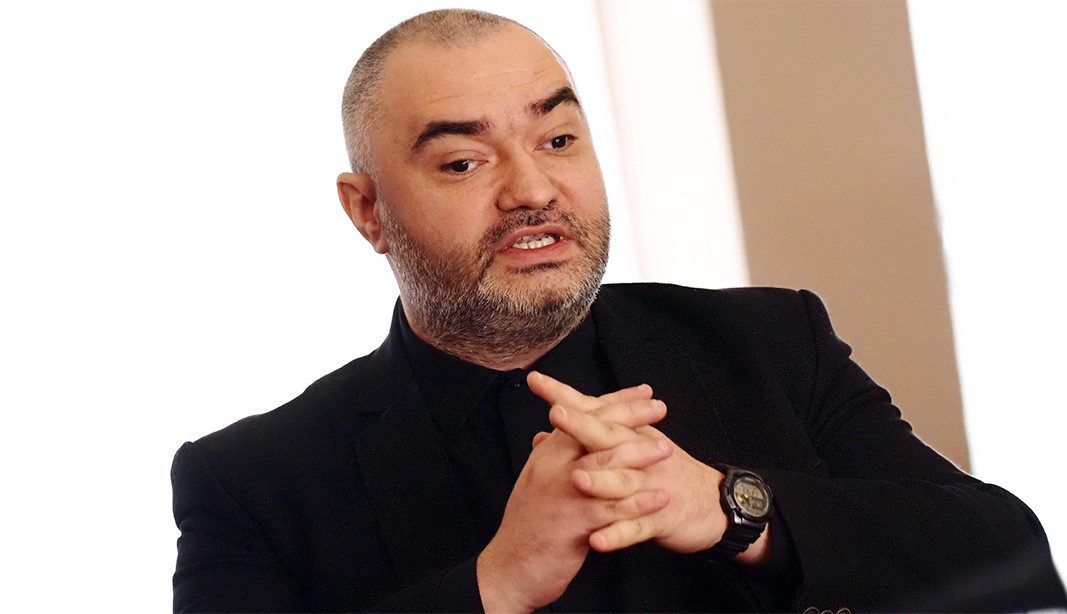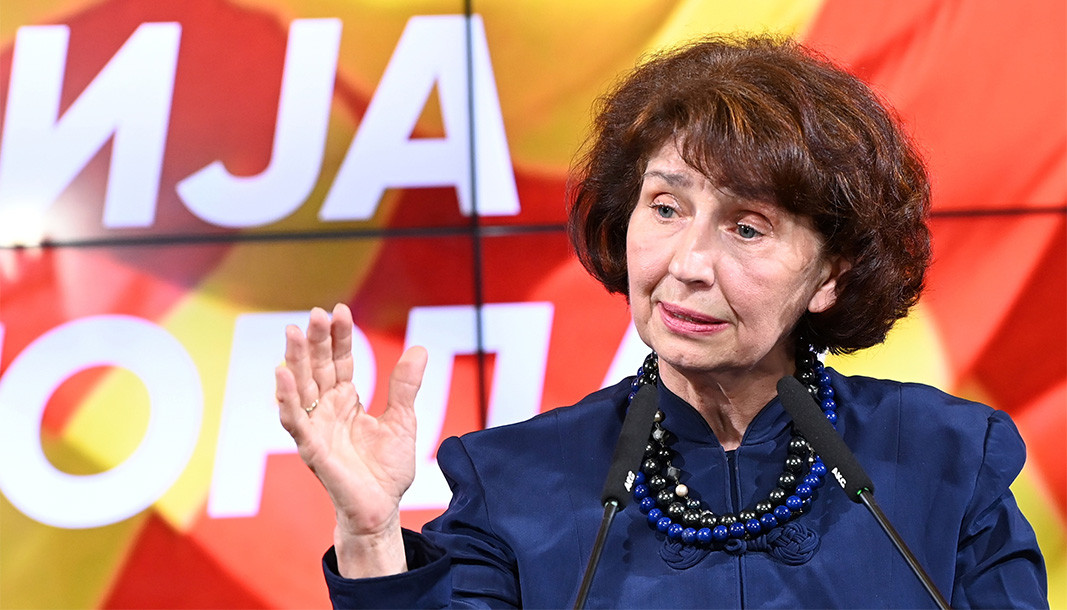On May 8, extraordinary parliamentary elections and a second round of presidential elections were held in North Macedonia. Before the vote, one of the leading Albanian publicists in the country called the Bulgarians "orphans" in the election campaign, because no political party campaigned for their votes and did not recognize them as voters. That's why we asked Atanas Velichkov, editor-in-chief of the "Tribuna.mk" website, if he felt like a "political orphan"?
"I personally don't feel like a political orphan. The problem in all this fuss about the elections and what Mr. Kim Mehmeti said is that certain parties, currently on the losing side, expected that the Bulgarians would vote for them, despite the anti-Bulgarian speech, implying that if VMRO-DMPNE won, things would become scary. No one bothered to say anything good about the Bulgarians, to tell them that they see a friend in them. Many Bulgarians who have a passport and are Macedonian citizens voted for the winners of VMRO-DPMNE or for the Social Democratic Union", the journalist from North Macedonia told Radio Bulgaria.

He defined the fact that throughout the election campaign Bulgaria was blamed as the main obstacle on the path of North Macedonia to the EU as a justification for the failures of Macedonian politics in the European integration process.
"In Skopje, they forget that the enlargement of the EU in the Western Balkans was put on the table by Bulgaria during the Bulgarian presidency of the EU. They forget Bulgaria's help regarding the Prespa Agreement. They forget about the extended hand. They say it is not North Macedonia's fault that it previously received a veto from France, that it has problems with corruption, with 3-4% trust in justice, also with terrible nepotism. But they blame the Bulgarians over the fact that the Republic of North Macedonia cannot start negotiations with the EU. That's the easiest way."
VMRO-DPMNE convincingly won the elections with populist promises to increase incomes, but also to revise the treaty of friendship, good-neighbourliness and cooperation with Bulgaria and the Prespa Agreement with Greece. These treaties allowed the country to join NATO. Journalist Atanas Velichkov is confident that this is just pre-election talking. He gave as an example the fact that it was the interior minister from VMRO-DPMNE who tried to delay the issuance of the new personal documents with the changed name of the country from "Former Yugoslav Republic of Macedonia" to North Macedonia. But the attempt failed after the strong reaction of Greece.

When asked what to expect from the mediator sent by the Belgian presidency of the EU in the dialogue between Sofia and Skopje, Velichkov expressed hope that Peter Vanhoutte should not become the new Matthew Nimetz. The U.S. diplomat Nimetz was an unsuccessful mediator in the negotiations between Athens and Skopje for almost 30 years. According to Velichkov, the main problem between Skopje and Sofia is the hate speech and anti-Bulgarianism of North Macedonian politicians.
"If the Republic of North Macedonia responsibly solves its problems with Bulgaria, it risks breaking a line that is more than 100 years old. The whole country, the system here, is based on anti-Bulgarianism. If there was no anti-Bulgarianism, the politicians must do something substantial, they must produce results. Without the enemy on duty, politicians here cannot exist. They need the so-called Albanian extremism, or the issue with Greece, or problems with Bulgaria. They need some enemy. They could solve their problems with Bulgaria only if Bulgaria agreed to their crazy theories about history. The problem is that the Macedonian side expects a victory over Bulgaria, a defeat of Bulgaria, not an agreement."
The editor-in-chief of "Tribuna.mk" predicted with confidence that the winners of VMRO-DPMNE will seek a coalition with the Albanian bloc "VLEN", but added that new extraordinary elections in the near future are also possible.
Author: Ivo Ivanov
Publication in English: Alexander Markov
Photos: BGNES, EPA/BGNES
Bulgaria’s National Assembly rejected President Rumen Radev’s veto on the amendments that expand the powers of the special commercial administrator of Lukoil, reported BNR’s correspondent Maria Fileva. The MPs from the ruling majority, supported by..
President Rumen Radev has vetoed the legislative amendments related to the appointment of a special commercial administrator in the Lukoil refinery in Burgas. The head of state said that the amendments undermine the legal order in..
Convulsions Before Multipolarity — a Time When Illusions Are Sacred and Truth Is Heresy is the title of a new book that will be officially presented in early November in Sofia. It explores the agony of a unipolar world, an era of geopolitical..

+359 2 9336 661
